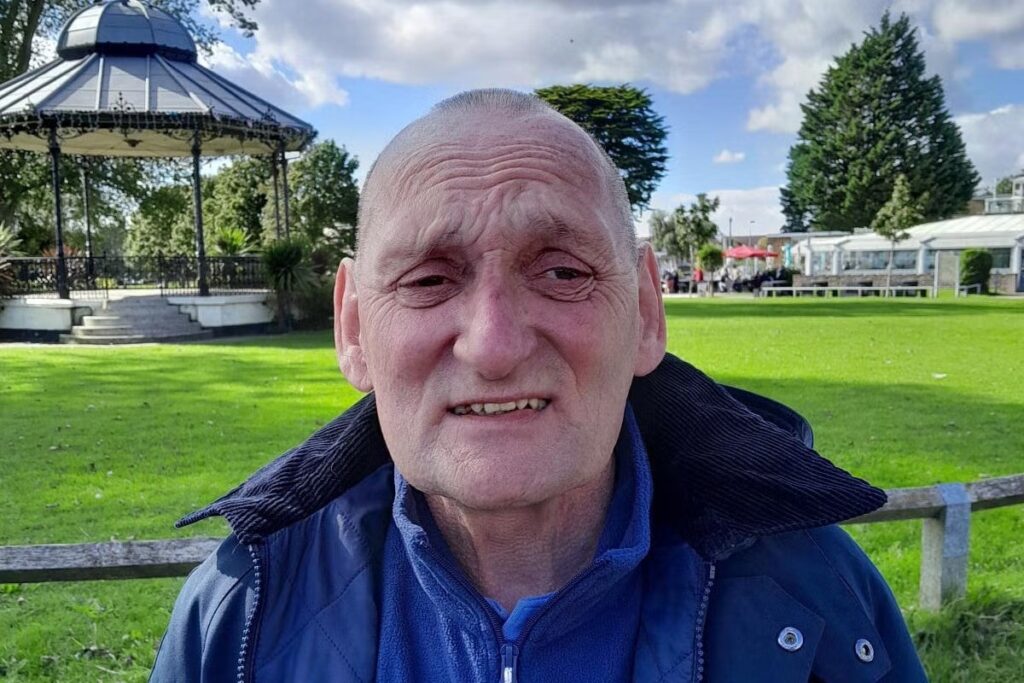GP Fails to Warn Patient About Life-Altering Side Effects

Philip Stevens, a 66-year-old man from Ringwood, Hampshire, has received a £70,000 ($88,000) settlement after a medication prescribed for restless leg syndrome caused him to develop extreme compulsive behaviors that disrupted his life.
The settlement, agreed upon without the admitting of liability by his general practitioner (GP), has reignited concerns about the lack of adequate warnings for patients regarding the potential risks of certain medications.
The Drug and Its Effects
In 2017, Stevens, who had been diagnosed with multiple sclerosis in 1995, was prescribed Ropinirole, a dopamine agonist, to manage a tremor in his left leg that was disturbing his sleep. According to NHS guidelines, Ropinirole is known to potentially cause impulse control disorders such as compulsive gambling, shopping, or binge eating. However, Stevens says he was never informed of these risks.
While Stevens had occasionally gambled recreationally before taking the drug, the medication triggered an uncontrollable compulsion.
“I started betting on anything I could and even woke up in the middle of the night to place bets,” he said, recounting how he spent thousands of pounds over four years on gambling websites with no concern for winning or losing.
The compulsions didn’t stop at gambling. Stevens also developed an obsession with shopping, hiding purchases from his wife, and undertook frequent three-day fishing trips, amassing large amounts of equipment. “Things I once enjoyed became obsessions,” he shared.
Withdrawal and Mental Health Struggles
In October 2021, during a routine review, a neurologist recognized the possible link between Stevens’ behavior and Ropinirole. The neurologist advised him to stop the medication immediately but provided no guidance on how to taper off the drug safely.
The abrupt cessation led to severe withdrawal symptoms, including paranoia, hallucinations, and exhaustion. At one point, Stevens became so disoriented that he asked his children to take DNA tests, convinced they weren’t his.
By 2022, the emotional toll of his experiences led him to seek support from a mental health crisis team. Although he has since managed to overcome his compulsions, Stevens says he remains emotionally scarred. “I am not the same person as I was pre-Ropinirole,” he admitted, adding that while his marriage endured, the ordeal left him mentally drained.
Legal and Medical Implications
Angharad Vaughan, Stevens’ solicitor, criticized the delay in identifying the drug’s side effects. “It is shocking that it took so long for a medical professional to flag these issues,” Vaughan said.
Stevens’ legal team at Leigh Day solicitors hopes this case will push for better transparency from healthcare providers. NHS guidelines do caution that dopamine agonists like Ropinirole can lead to impulse control disorders, but cases like Stevens’ highlight the need for more proactive patient education and monitoring.
For Stevens, the settlement offers some relief as he rebuilds his life. “Maybe one day I will believe that what happened to me wasn’t my fault,” he concluded, reflecting on the difficult journey he has endured.


Comments are closed.